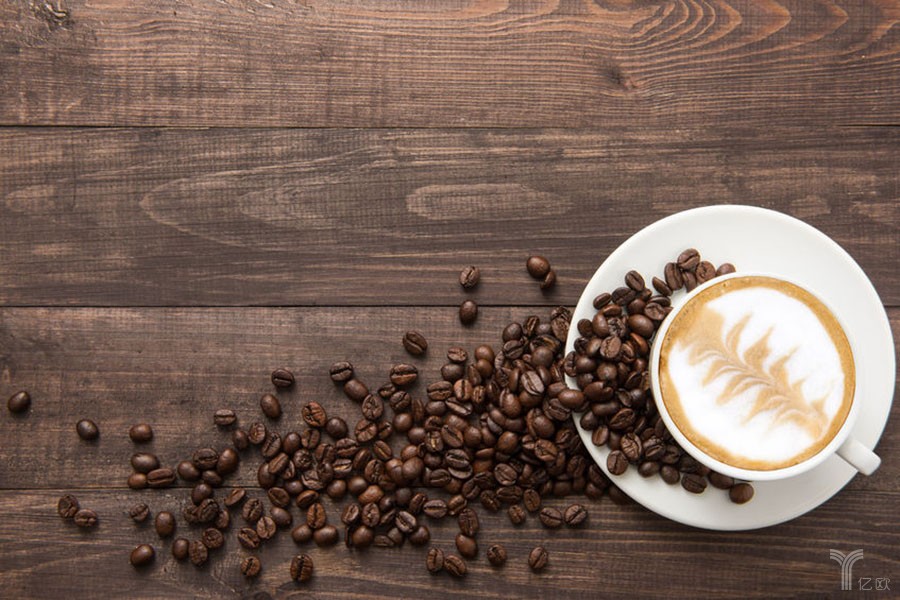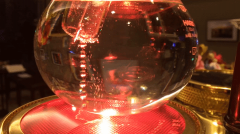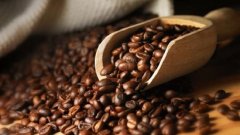Papua New Guinea Coffee roasting hand record PAPUA New Guinea coffee

For professional baristas, please follow the coffee workshop (Wechat official account cafe_style)
Papua New Guinea
Since I started to buy coffee and roast raw beans at home, coffee beans produced by "mysterious country" have a strong attraction to me! Such as Independent State of Papua New Guinea (often referred to as PNG for short). In my memory, there are geography classes in high school (countries next to Indonesia), history classes (remote colonies in western countries), and university sociology classes (how primitive tribes interact with modern society / capitalism). Moreover, I think the name of the country is a mouthful, often mispronounced, always unsure which word to add after the word "ya", or forget to have two words "Asia", in short, In this geographically inaccessible country, coffee beans should definitely be given a try.
Papua New Guinea is an island country in the southwestern Pacific Ocean, bordering Indonesia to the west and Solomon Islands to the east. Miraculously, Papua New Guinea has highlands and produces the only cash crop: coffee! The most famous is the "Bird of Paradise Coffee", especially the Sigri Manor that sells the Bird of Paradise Coffee all over the world. Sigri Manor is located in the Wahgi Valley of the western plateau, with an average elevation of 1600 meters above sea level, with a cool climate and ample Rain Water, so that coffee trees have good growth conditions.
Coffee region of Papua New Guinea (Chimbu)
But the coffee beans purchased are from Chimbu in the eastern plateau, although the more famous coffee producing area in the eastern plateau is Goroka, which has always been famous for its coffee and gold deposits. Chimbu has a short history of growing coffee trees, but it has rich soil, high altitude, mild climate all the year round, and good processing of raw beans: coffee farmers will hand-select ripe coffee cherries and transport them to the Goroca processing plant for peeling and fermentation, washing and sun-drying, which is now a popular honey treatment to ensure quality and give coffee beans a mellow taste. It's an excellent coffee bean.
[drink coffee with the baker]
The first baking: a minute of carelessness, overbaking and taxiing to get ready for the beans is full of second-burst crackles.
After raising beans for 72 hours, the filter paper of the filter cup was washed by hand (water temperature 90 °C, steaming time was 40sec), and the ratio of coffee powder to water was 10g 120ml. Sure enough, it is very mellow and has a long finish, but unfortunately there is no fruity aroma and no sour taste.
The second baking: hear the sound of the first coffee bean, the next minute is a dense explosion, because it is expected to be able to hand out the fruity flavor, so about 10 seconds to glide to prepare the beans, looking forward to the second pot.
After 48 hours of raising beans, the filter paper of the filter cup was washed by hand (water temperature 90 °C, steaming time was 40sec). Because the last time it was found that the taste was very mellow, the ratio of coffee powder to water was changed to 10g rinse 150ml, which still lasted for a long time, with fruity aroma in front of it and no obvious fruit acid taste. It tastes sweet! And it was found in the mouth, especially the coffee aroma exploded in the mouth for a long time! It's delicious!
Important Notice :
前街咖啡 FrontStreet Coffee has moved to new addredd:
FrontStreet Coffee Address: 315,Donghua East Road,GuangZhou
Tel:020 38364473
- Prev

Thinking about mamba coffee from the perspective of boutique coffee.-is mamba coffee a good coffee?
The exchange of professional baristas please follow the coffee workshop (Wechat official account cafe_style) recently saw a long discussion string in the fan group, there is a lot of controversy about whether the mamba is a good coffee, some people think that the mamba is a terrible combination and an outdated product, while others think that the mamba is delicious, to defend the historical position of the mamba in Taiwan (laughter).
- Next

Papua New Guinea Coffee PAPUA New Guinea coffee Ramali Valley Fine Coffee
For the exchange of professional baristas, please pay attention to the coffee workshop (Wechat official account cafe_style) Papua New Guinea Lamari Valley Amax X New Guinea La Mali Valley country Papua New Guinea (Papua New Guinea) producing area (Western Highlands) 1400 1800 m above sea level varieties Arusha, Blue Mountain
Related
- Detailed explanation of Jadeite planting Land in Panamanian Jadeite Manor introduction to the grading system of Jadeite competitive bidding, Red bid, Green bid and Rose Summer
- Story of Coffee planting in Brenka region of Costa Rica Stonehenge Manor anaerobic heavy honey treatment of flavor mouth
- What's on the barrel of Blue Mountain Coffee beans?
- Can American coffee also pull flowers? How to use hot American style to pull out a good-looking pattern?
- Can you make a cold extract with coffee beans? What is the right proportion for cold-extracted coffee formula?
- Indonesian PWN Gold Mandrine Coffee Origin Features Flavor How to Chong? Mandolin coffee is American.
- A brief introduction to the flavor characteristics of Brazilian yellow bourbon coffee beans
- What is the effect of different water quality on the flavor of cold-extracted coffee? What kind of water is best for brewing coffee?
- Why do you think of Rose Summer whenever you mention Panamanian coffee?
- Introduction to the characteristics of authentic blue mountain coffee bean producing areas? What is the CIB Coffee Authority in Jamaica?

